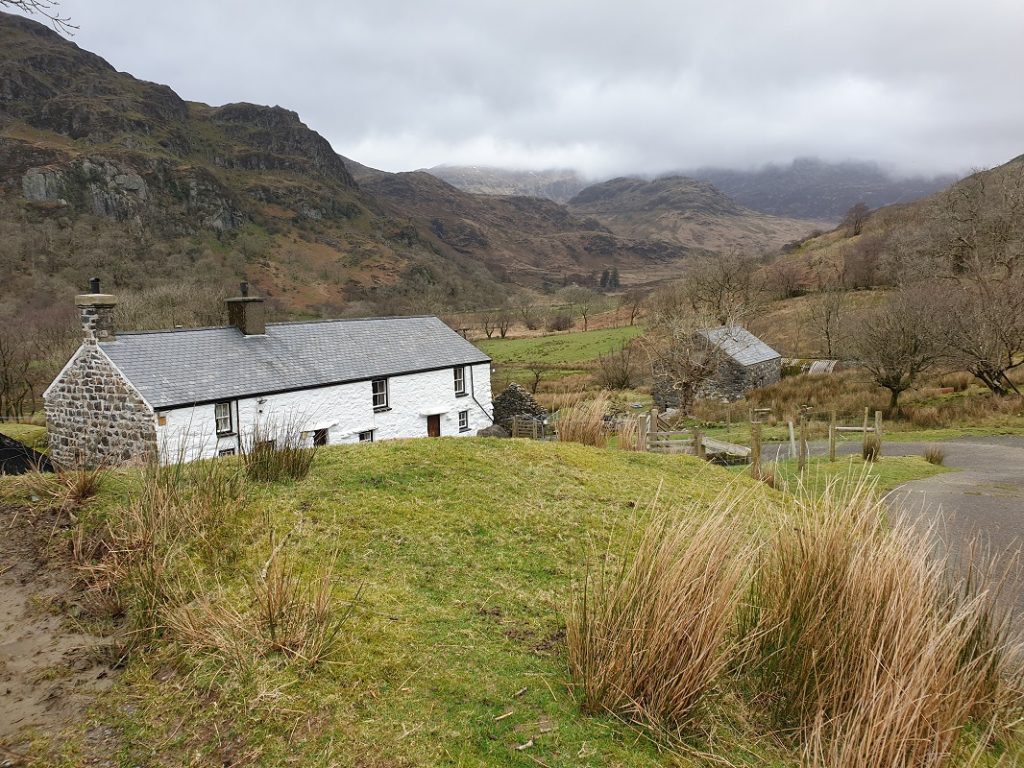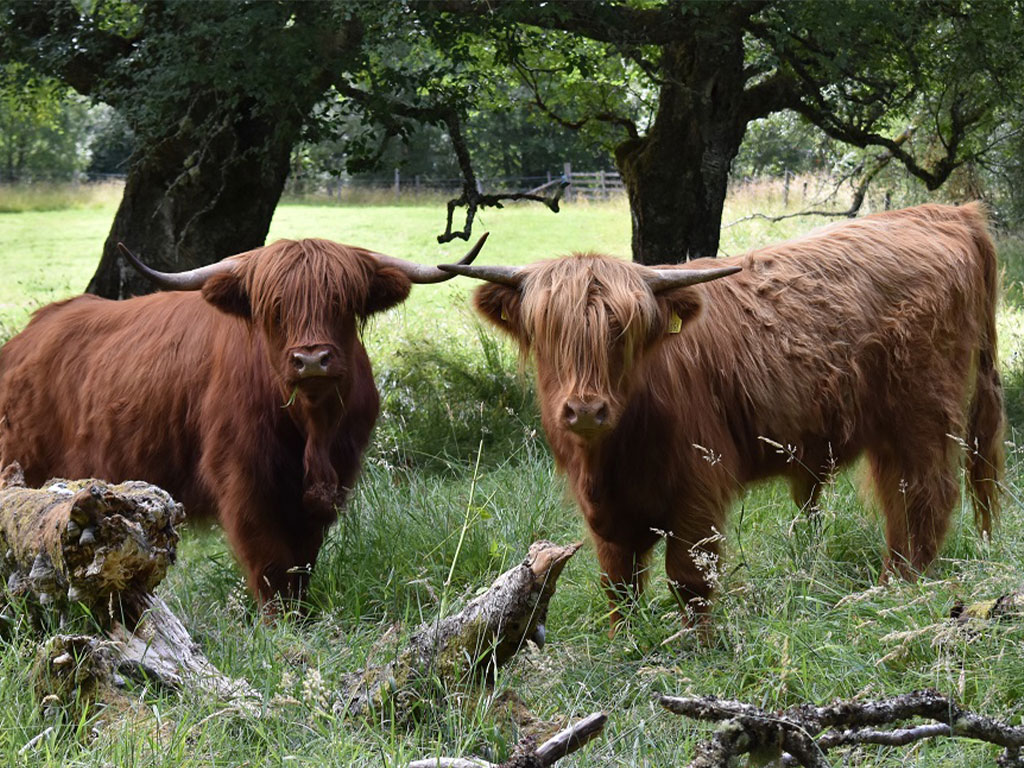Developing a Toolkit for Mapping and Deliberating Values for Uplands Management (MADEVU)
Many landscape decisions in contemporary upland UK become contested and some develop into conflicts, particularly when conservation stakeholders are present.
Groups clash in the uplands over contentious issues including livestock farming, hunting and shooting, conservation, forestry, rewilding, flood management, renewable energy, tourism, recreation, and heritage, cultural or aesthetic values. Land use conflicts can inhibit progress and be highly resource intensive. There is a need for tools that can help stakeholders to develop mutual understanding and deliberate key contentious issues.
This Fellowship builds on the strengths of the Group and Organisation Future of Conservation Survey (GO-FOX) to adapt it for the management of the UK uplands. The Fellowship will combine the GO-FOX tool with the latest thinking in land use conflicts research to develop the versatile MApping and DEliberating Values for Uplands management (MADEVU) toolkit.
This will be an evidence-informed toolkit for making visible and comparing values and perspectives in a manner that has the potential to allow differences to be understood and addressed. This can be used with land use stakeholders to stimulate new collaborative partnerships with enhanced understanding and ways of working which have the potential to ameliorate upland conflicts.
The Fellowship’s objective and research question are:
Research Translation Objective
To pilot, iterate, refine and describe a toolkit for stakeholders to use to map and deliberate values in uplands management in particular landscape settings.
Research Question
To what extent can values elicitation and subsequent structured deliberation ameliorate land use conflicts?
I approach the objective and question with three work packages. Firstly, I will adapt the GO-FOX tool to be suitable for land use conflicts, then apply the tool in two upland case studies, before evaluating the research question within the cases and iterating the tool accordingly.
Work Package 1 objective: To develop the MApping and DEliberating Values for Uplands management (MADEVU) statement sorting tool
This work package will undertake the development work for the MADEVU tool. I will develop a novel, effective and flexible tool for illuminating differences in values as expressed by stakeholders in upland decision settings. The core of this tool will be an adaptable UK uplands statement set, which those implementing the toolkit can select from according to what is pertinent within the land use decision(s) faced. This statement set will become the raw material for understanding differences in positions between individual stakeholders. Each stakeholder will sort the statements to reflect their perspective during the first stage of the process and the analysis of the combined sorts will reveal contentious issues.
Work Package 2 objective: To undertake values mapping and structured deliberation using the MADEVU tool in two cases
This work package will work with two contrasting case studies of land use decision making. I will develop a multisectoral case of upland decision makers, for instance from agricultural, sporting, forestry and conservation sectors working in a particular landscape setting.
A second case will include solely conservation stakeholders in partnership in another defined landscape. I will employ a statement set developed in Work Package 1 in the multisectoral case, choosing the most appropriate statements for the case. A different statement set will be employed with high relevance for the conservation partnership case; demonstrating these choices from statement subsets to generate a relevant statement set will enable this process to be illustrated effectively in the toolkit.
Both of these cases will give insight to the research question, regarding the influence of values mapping and subsequent deliberation on the amelioration of conflicts.
Work Package 3 objective: To answer the Fellowship research question through the process of evaluating the MADEVU tool, and iterate and refine the tool accordingly.
Work Package 3 is directed towards answering the Fellowship’s research question about the extent to which values elicitation and subsequent structured deliberation can ameliorate land use conflicts. This evaluation will be undertaken with a mixed methods approach.



